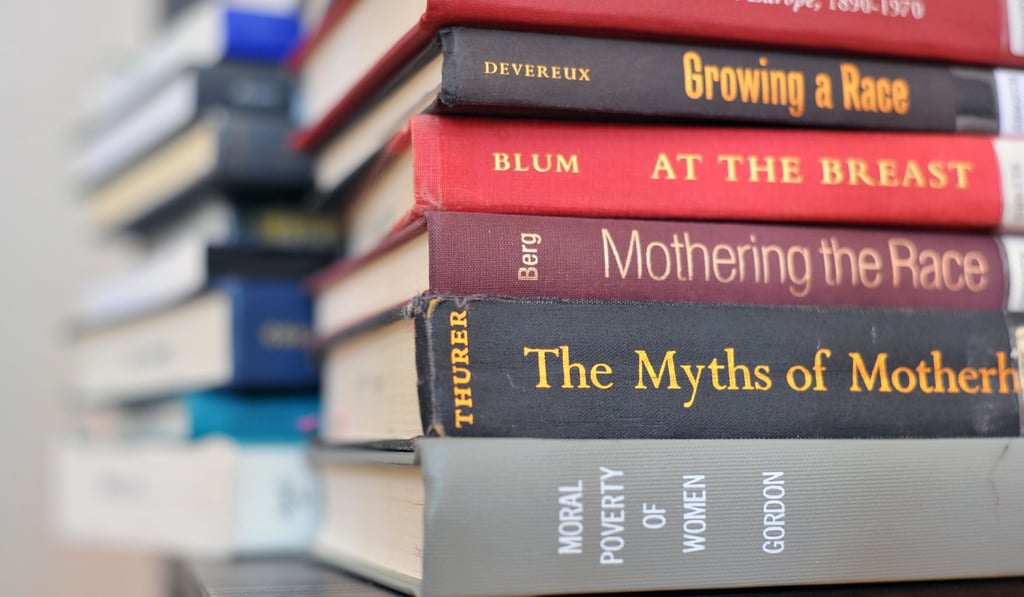Reading books may add years to your life, but news articles don’t count (... sorry)
A Yale University study found that reading novels for more than 3.5 hours a week could increase your lifespan by two years

Can reading books add years to your life?
The short answer: Yes
Forty-year-old Nathan Ho (not his real name) reads about an hour every night, getting through five or six science fiction and crime novels a month. In addition to transporting him to another world, the lawyer says reading melts away stress and helps keep his mind sharp. Ho might be surprised to know his pre-bedtime ritual may also prolong his life. A recent study by researchers at Yale University’s School of Public Health found that people who read books live almost two years longer than people who don’t read at all. That’s right – although it’s a sedentary activity, curling up with your favourite book might just be one of the healthiest habits to adopt.

The study, “A Chapter a Day: Association of Book Reading With Longevity”, was published last September in the journal Social Science & Medicine. It looked at data for 3,635 Americans over the age of 50. Overall, during a 12-year follow-up period, 33 per cent of nonbook readers died, compared to 27 per cent of book readers who read for more than 3.5 hours a week.
Why the drugs don’t work: non-adherence to medication
Avni Bavishi, the academic who led the study, says that the team made this association after conducting a survival analysis, which showed that reading books confers an advantage, even after adjusting for age, sex, race, education, wealth, marital status, and depression.